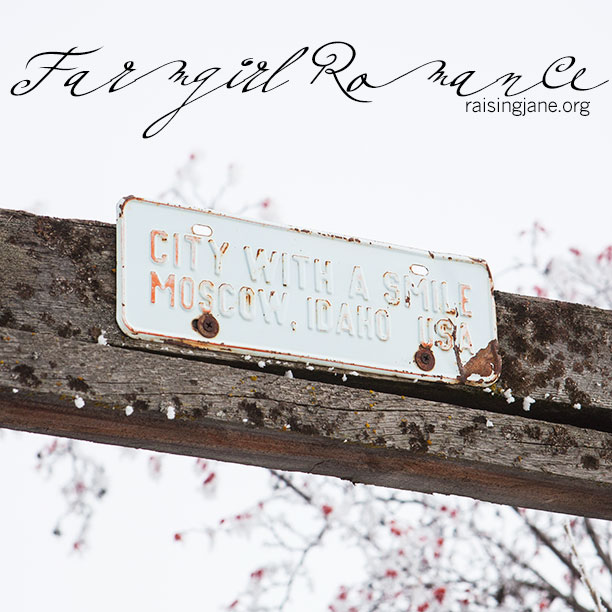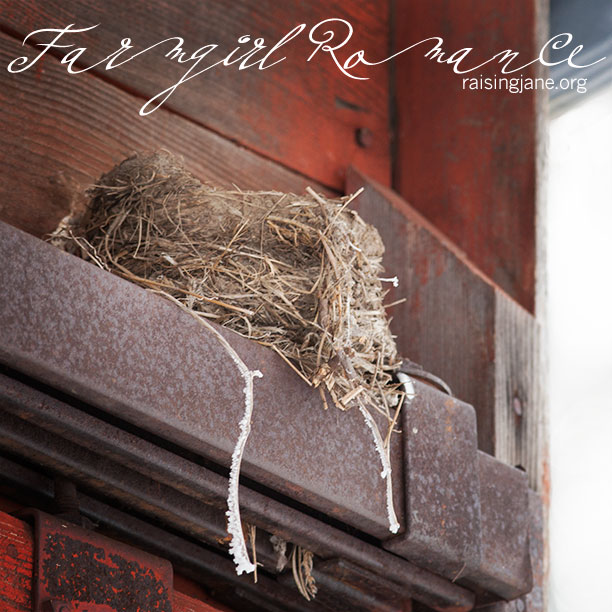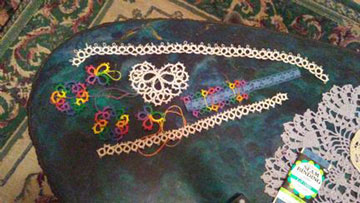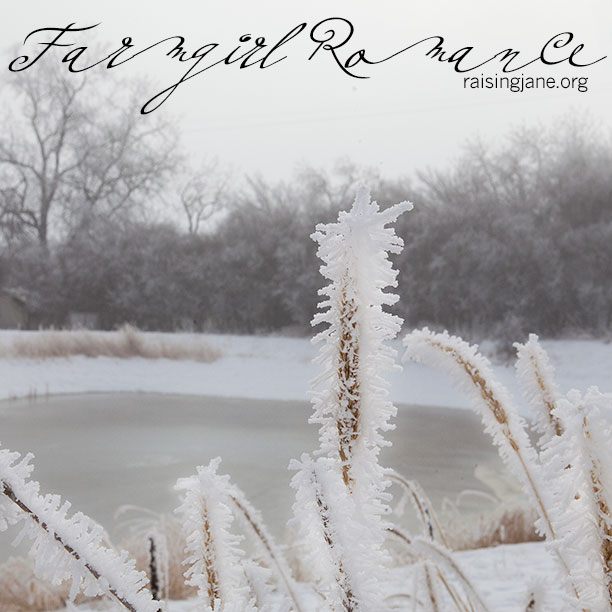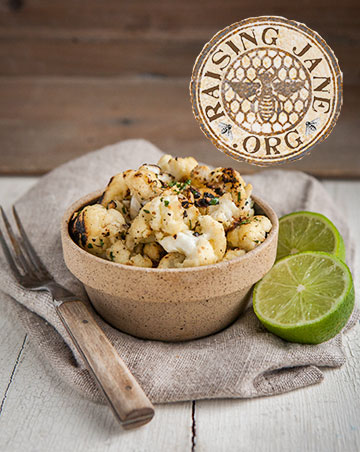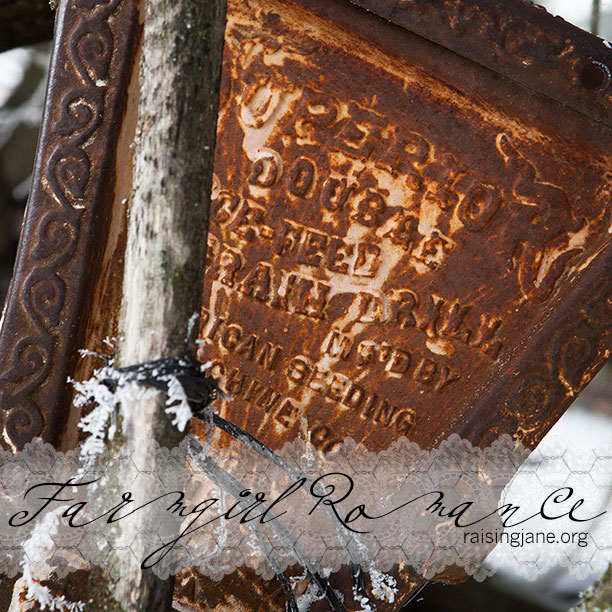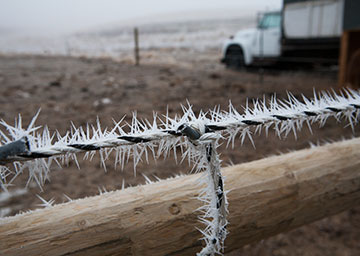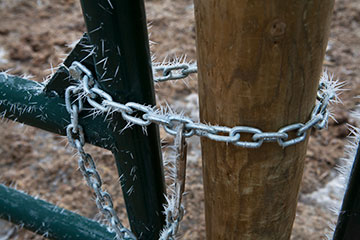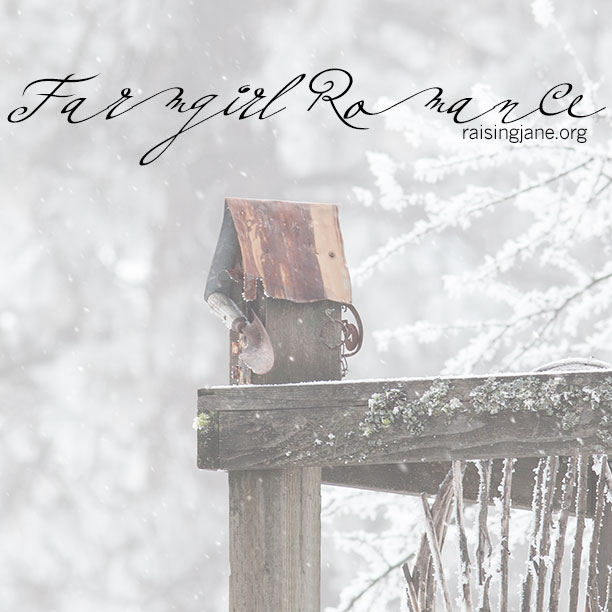Have you ever been enthralled or enamored with the thought of a message in a bottle? A missive to a long-lost love perhaps, or a bit of poetry, or even a cry for help (that ol’ if-you-were-stranded-on-a-desert-island scenario) that floats by your ankles as you cool your toes in the ocean waves?
Well, maybe you haven’t given it much thought, but I bet you are now, right?
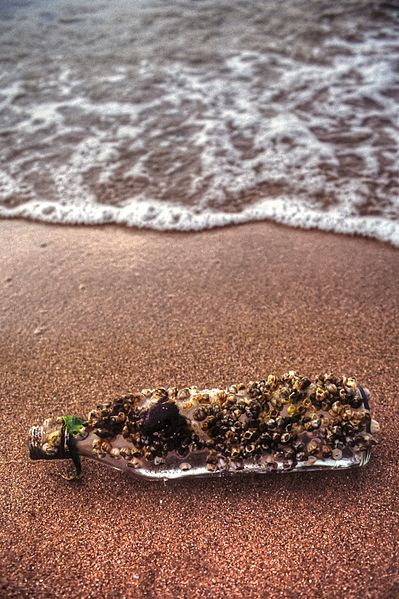
photo by Nevit Dilmen via Wikimedia Commons
The history behind messages in bottles goes back longer than you might think. Turns out we’ve been romantic souls for a good bit of mankind’s existence: the oldest message in a bottle ever to have been recovered was found by Andrew Leaper, in August of 2012. The message inside?
An ode to a mermaid?
A sailor lost at sea?
Your great-aunt Flossie, four times removed, back from the dead?
Well, it turned out to be a little bit less poetical than that. The message inside read, “Please state where and when this card was found, and then put it in the nearest Post Office. You will be informed in reply where and when it was set adrift. Our object is to find out the direction of the deep currents of the North Sea.”
Only oceanographers’ and marine biologists’ hearts skipped a beat that day. Turns out, it was a simple science experiment: To study local ocean currents, Capt. C. Hunter Brown of the Glasgow School of Navigation set bottle number 646B adrift, along with 1,889 others, on June 10, 1914.
98 years! Well, that got them the Guinness World Record for oldest bottle recovery, but people have been setting their bottles afloat for a lot longer than that. Around 310 B.C., the Greek philosopher Theophrastus was before his time. He dropped sealed bottles in the sea to prove that the Mediterranean was formed by the inflowing Atlantic. This is actually still a common practice amongst oceanographers today.
Sometime in the 18th century, a treasure-hunting Japanese seaman shipwrecked on a South Pacific island. He carved a message into coconut wood, put it in a bottle, and set it adrift. It was found in 1935 (I’m guessing a wee bit too late to be of any help).
And did you know this bit of message in a bottle lore? Queen Elizabeth I of England appointed an “Uncorker of Ocean Bottles,” making it a capital crime for anyone else to open one. She was concerned about spies using the bottle method, evidently. What a job! I’d love to see that on a resume.
In times of war, messages in bottles (typically from sailors, some who used this method to say goodbye to loved ones) were so common and frequent that the Times of London and the New York Times actually had a column dedicated to it. It was poignantly titled Messages from the Sea.
While no messages in bottles from the Titanic have been ever been found, there was one from its fellow White Star liner, the Naronic. The doomed vessel disappeared without a trace on February 11, 1893. It wasn’t until March that a passing boat found some empty lifeboats adrift right near the very same icebergs where the Titanic herself was later to meet her end. Three years later, a message in a bottle was found. It read, Struck iceberg — sinking fast in cold ocean — Naronic — Young. That must have given the reader a chill!
And speaking of a chill, try this one on for size if you like mysteries: This message was found floating off the White Cliffs of Dover, England, in October 1896. It read:
I, Charles Pilcher, murdered Margaret Hutchinson on November 23, 1870, afterwards putting the body in a well at Norwood, which, I believe, has never been found yet, and of late I can’t sleep. I can always see her waiting for me at her pantry; that was our meeting place. To-night I have made up my mind to end my miserable existence by jumping overboard. My body will be good food for the fishes. I am not fit for anything else. So goodbye to everybody. I have no friends to weep for me. I am forsaken by all.
Too scary? Well, if it helps, while there was a man named Charles Pilcher confirmed, there were no records of one such Margaret Hutchinson. Still … my goose bumps have goose bumps.
To cheer you up, one last message in a bottle that will make you smile was one used basically as a birth announcement. Broadcasting the arrival of their baby boy, who made his appearance on a voyage, the bottle was found years later … in the stomach of an 11-foot shark.
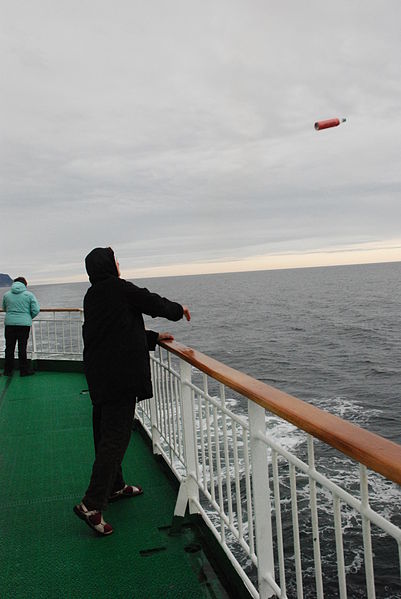
photo by Kohn33 via Wikimedia Commons
Continue reading →
